Teaching for the climate
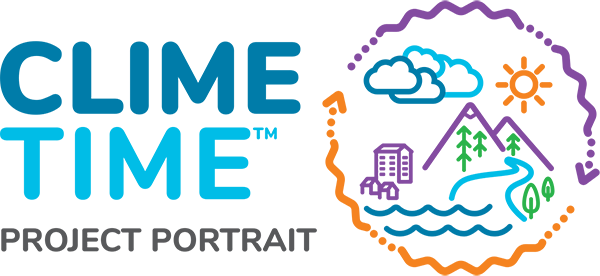
Overview
The Teaching for the Climate project was a field-based professional learning experience to support K-5 teachers’ ability to lead outdoor, experiential, place-based, and NGSS-aligned science learning that addresses climate topics. The project leaders, representing four community-based organizations, designed and facilitated a multi-day workshop series on school campuses to support educators’ understanding of the carbon cycle and other foundational climate topics. Throughout the sessions, they worked to incorporate Indigenous ways of knowing in partnership with colleagues at Northwest Indian College (NWIC) and the Lummi Nation.
What We Did
K-5 teachers were recruited from seven districts within the region as well as educators from the Lummi Nation school. An initial session provided foundational knowledge about the carbon cycle, climate change, and considerations when taking students outdoors. During the following workshops, teachers participated as learners in games, outdoor play, and other NGSS-aligned place-based activities.
Through direct engagement with phenomena and reflective discussions, participants learned about complex climate topics such as soil erosion, forest succession, ocean acidification, bio-magnification, natural resource management, and the impacts of these processes on local species and ecosystems. Teachers also practiced skills related to working with students outside such as supporting modeling practices, assessing different aspects of environmental risks, and envisioning potential outdoor learning opportunities. After the workshops, participants received a toolkit of outdoor learning resources, including a tape measure, tarp, bandanas, woodchips, and cards with NGSS lessons.
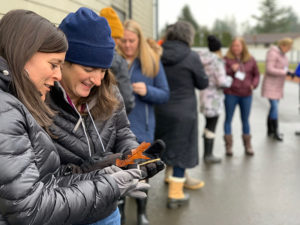 In addition to the four organizational partners, this project involved collaboration with NWESD, Lummi Nation members, The Salish Sea Research Center (SSRC), NWIC, and University of Washington. Brian MacNevin, the regional science coordinator for NWESD, supported teachers’ capacity-building regarding NGSS. Collaborators Paul Cline (Lummi DNR) and Thayne Yazzie (SSRC/NWIC) co-facilitated each session, working to interweave Indigenous ways of knowing in teachers’ learning about climate science and to address teachers’ misunderstandings and concerns about Indigenous knowledge systems. This project work also leveraged other funding from NOAA B-WET grants to expand the work possible through the ClimeTime funding.
In addition to the four organizational partners, this project involved collaboration with NWESD, Lummi Nation members, The Salish Sea Research Center (SSRC), NWIC, and University of Washington. Brian MacNevin, the regional science coordinator for NWESD, supported teachers’ capacity-building regarding NGSS. Collaborators Paul Cline (Lummi DNR) and Thayne Yazzie (SSRC/NWIC) co-facilitated each session, working to interweave Indigenous ways of knowing in teachers’ learning about climate science and to address teachers’ misunderstandings and concerns about Indigenous knowledge systems. This project work also leveraged other funding from NOAA B-WET grants to expand the work possible through the ClimeTime funding.
What We Learned
In surveys completed before and after the workshops, participants reported increased comfort with NGSS and the 3D framework and stronger inclinations to connect their classroom learning to climate topics. Teachers also gained confidence with justice-centered practices that support place-based climate science learning, including giving land acknowledgments, collaborating with community-based and tribal organizations, structuring learning around local phenomena, and setting up stewardship opportunities for learners. The workshops helped to model these stewardship practices — for example, through arranging zero-waste meals for participating teachers.
The field-based sessions supported teachers’ engagement in everyday outdoor learning by reducing fears about taking learners outside and dispelling concerns that environmental education needs to occur in special places. Following these learning experiences, participating teachers reported increased comfort with facilitating lessons outdoors with their students and enacting key outdoor learning practices, including conducting risk assessments, leading group reflections, and using formative assessment during outdoor activities.
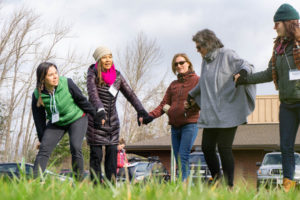 Working specifically with elementary educators enabled the facilitators to focus on age-specific needs and opportunities. For example, they were able to concentrate on one core idea within the NGSS framework (ESS3 – Earth and Human Activity) and structure learning around each of the grade band endpoints. Teachers’ differing levels of prior knowledge and experience regarding science topics posed a challenge. The project leaders adapted workshops in response to specific areas of need identified in pre-workshop survey responses and during sessions. After the initial workshop, facilitators also realized that participating teachers wanted to build their understanding of climate science basics and responded by pivoting from a lesson on climate impacts to focus instead on the carbon cycle.
Working specifically with elementary educators enabled the facilitators to focus on age-specific needs and opportunities. For example, they were able to concentrate on one core idea within the NGSS framework (ESS3 – Earth and Human Activity) and structure learning around each of the grade band endpoints. Teachers’ differing levels of prior knowledge and experience regarding science topics posed a challenge. The project leaders adapted workshops in response to specific areas of need identified in pre-workshop survey responses and during sessions. After the initial workshop, facilitators also realized that participating teachers wanted to build their understanding of climate science basics and responded by pivoting from a lesson on climate impacts to focus instead on the carbon cycle.
Overall, hands-on and responsive professional learning opportunities in the field are an important way to support teachers in designing NGSS-aligned science lessons that incorporate experiential learning, build foundational understandings of climate-related topics, and support learners’ connections to local places.
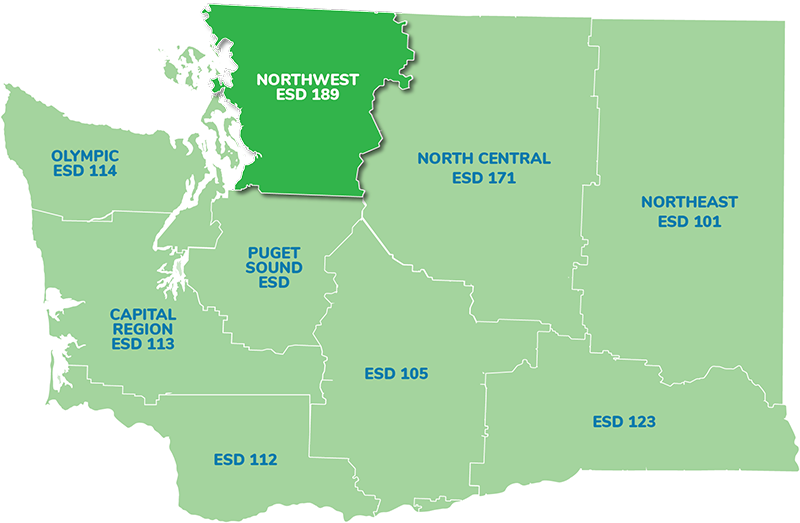
Project Reach
Teachers
Students
Project Partners
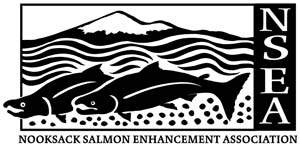
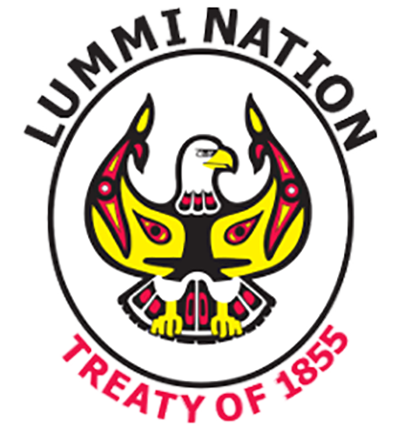
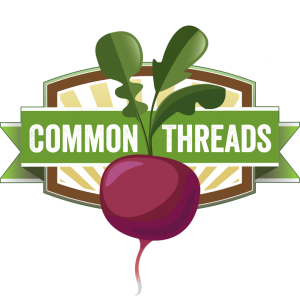
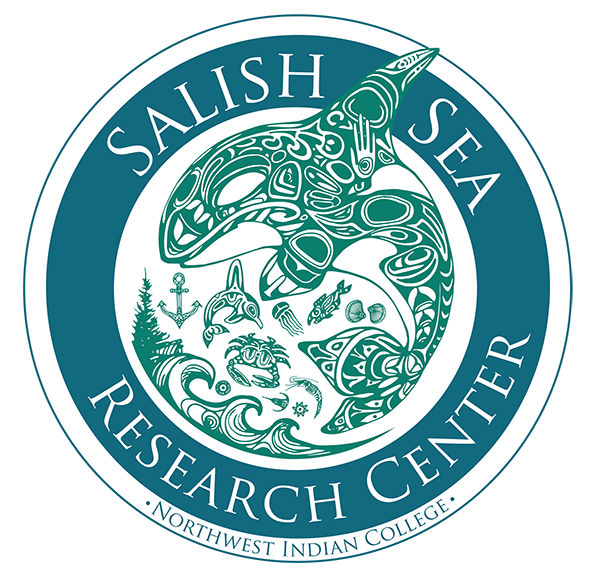



Feedback
Thank you for so many great resources! I look forward to getting the toolkit and using the resources when I am back in my classroom, especially the salmon simulation!
This was one of the best workshops I’ve been to—I really appreciated the high level of involvement we had, all of the shared resources and ideas, and the emphasis on sustainability in our own practices.
Contact
For more information contact:
Priscilla Brotherton, RE Sources: Sustainable Schools Program
priscillab@re-sources.org
Annitra Peck, Nooksack Salmon Enhancement Association
apeck@n-sea.org
Jenna Deane, Common Threads Farm
jenna@commonthreadsfarm.org
Hannah Newell, Wild Whatcom
hannahn@wildwhatcom.org
